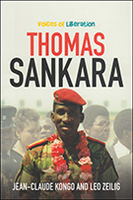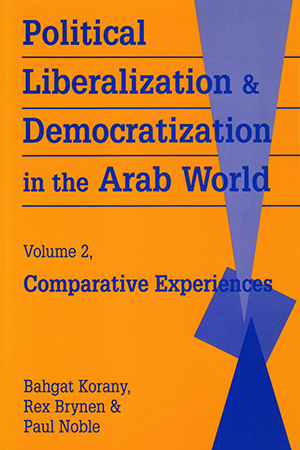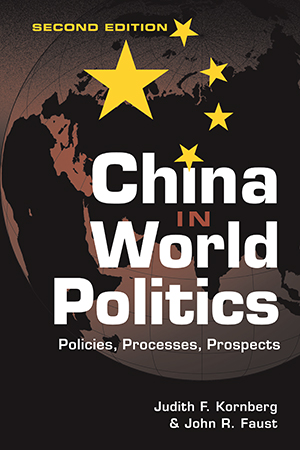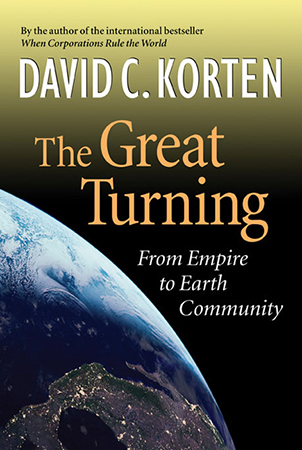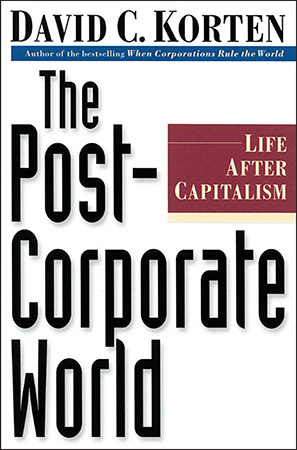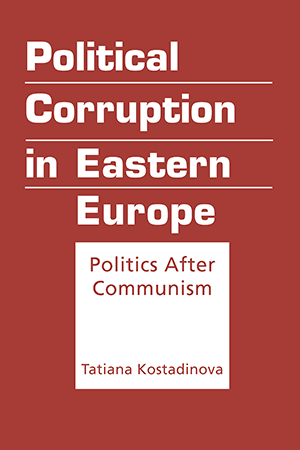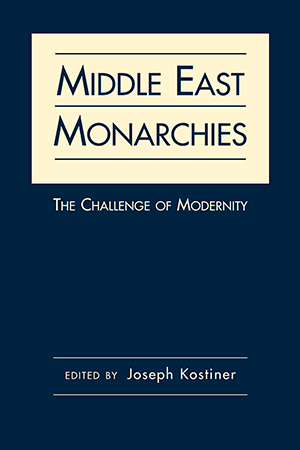BOOKS
In these two extraordinary works, published posthumously, Gertrude Kolmar's elegiac prose transports us into her characters' rich inner worlds even as it depicts the cold material More >
His image is unmistakable: with beret and broad grin, Thomas Sankara's picture is pasted on run-down taxis and seen on the walls of local bars throughout Africa. Known widely as the More >
Drawing on the theoretical insights offered in its companion volume, this book examines the processes of and prospects for political reform in 10 Arab countries—Algeria, Egypt, Jordan, More >
Introducing students to China's foreign policy, the authors outline the political, security, economic, and social issues the country faces in the emerging 21st century. Each chapter of More >
In his classic When Corporations Rule the World, David Korten focused on the destructive nature of the global corporate economy and helped to spark a worldwide resistance movement. Now, in More >
One of Future Survey's Super 70 books David Korten challenges capitalism's claim to being a means of creating wealth and a champion of democracy as he examines the fissure between More >
In the past fifteen years, presidents from two parties, supported by parents, teachers, and civic leaders have tried—and generally failed—to increase student achievement through More >
In contrast with traditional scholarship, which has seen a more or less uniform middle-class response to the political and economic crises of the age of fascism, this comparative study of More >
Why has political corruption emerged as a major obstacle to successful democratic consolidation in Eastern Europe? Exploring the origins, scope, and impact of political corruption in the More >
Though monarchies have been deemed obsolete by many observers, recent history testifies to their profound resilience. This volume offers an in-depth discussion of the fundamentals and More >



![A Jewish Mother From Berlin [a novel] and Susanna [a novella]](/uploads/67097959d3bcf.jpg)
